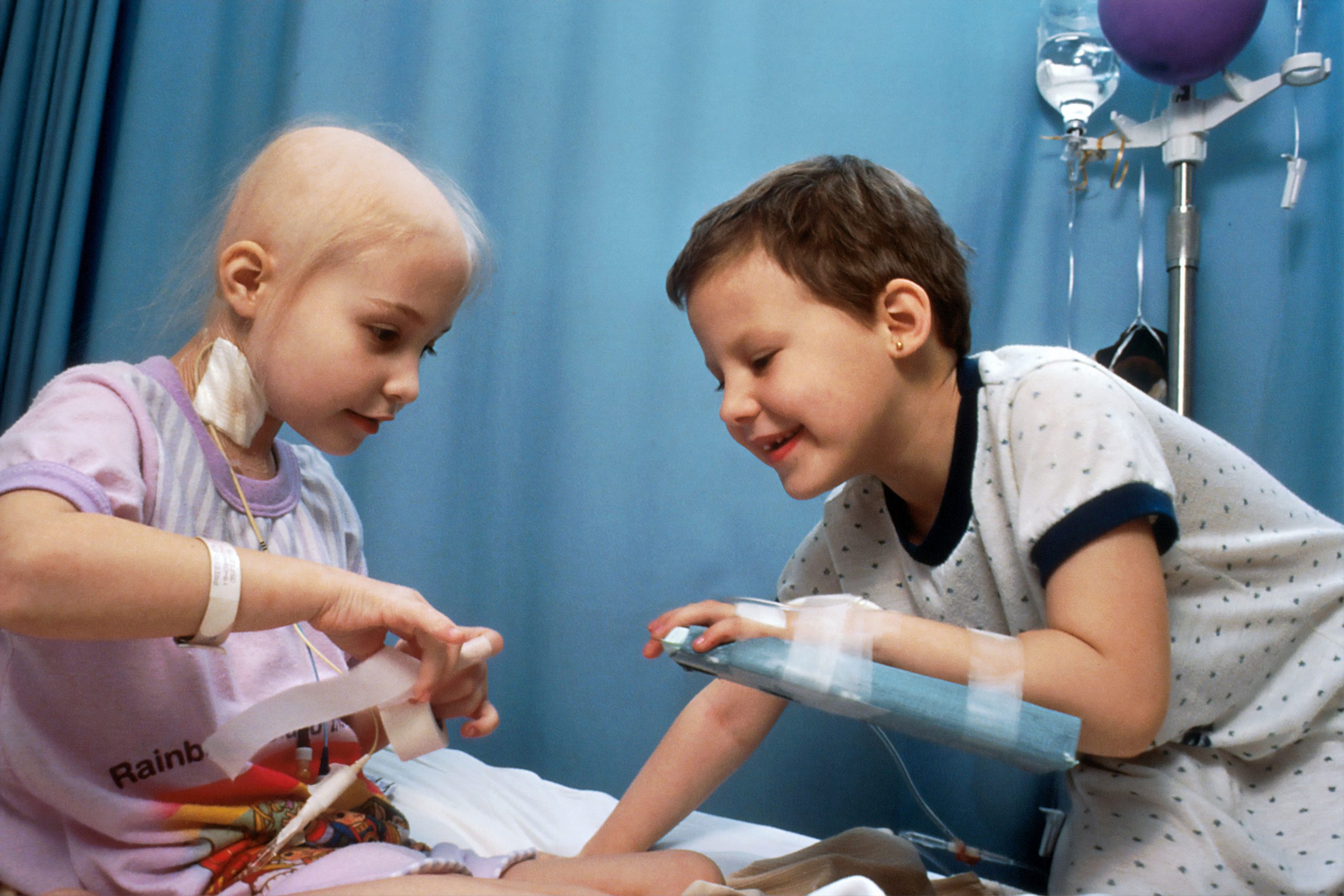A new study indicates that children suffer from COVID-19 for a shorter duration than adults, and also recover from the infection quickly. Researchers from the United Kingdom looked at children’s illness using data from the COVID Symptom Study, a citizen science project that logs COVID-19 symptoms and test results of people through an app.
The study assessed children who tested positive for coronavirus, and whose test coincided with them reporting typical COVID-19 symptoms, which continued regularly for at least 28 days after the start of the illness.
ALSO READ: Will a third COVID-19 wave in India be more severe on children?
The children mostly suffered from headaches, fatigue, fever and sore throat, but got better quickly, with a six-day median length of illness.
As many as 4.4% of children reported ongoing symptoms at or beyond 28 days compared to 13.3% of adults. “This rate was slightly higher in older children (5.1%) compared with younger children (3.1%). However, nearly all children (98.4%) had recovered by eight weeks, suggesting that long-lasting illness is less common in children than in adults,” the researchers said.
Significantly, the children on average had six different symptoms during their first week of illness, which dropped to an average of just two after 28 days.
The study also took into account direct questions posed by the COVID Symptom Study app about symptoms such as “brain fog”, dizziness, confusion and low mood. Brain fog was reported in 9% of younger and 20% of older children, lasting an average two days in older and one day in younger children, while dizziness lasted two days each in 14% of younger and 26% of older children. Low mood also lasted for the same duration in 8% of younger and 16% of older children.
The researchers compared these results against those of children whose COVID-like symptoms had been recorded on the app but ended up testing negative for the infection. Their illness also lasted for only three days, and very few had symptoms lasting four weeks.
However, children without COVID-19 who were ill for more than four weeks reported more ongoing symptoms than those who tested positive for COVID-19, highlighting the need for assessing and treating any child who is unwell on priority.
The researchers said their findings were consistent with studies from Switzerland and Australia showing that most children recover fully from COVID-19.
Still, even a small percentage of children with COVID-19 developing long-lasting symptoms “represents a large absolute number of children,” the study said. The researchers are hoping their study will contribute to better understanding about the impact of coronavirus on children and help settle the current debate around vaccination in young people.







